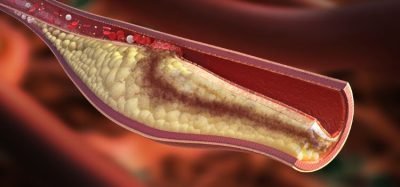The analytical reality of recombinant endotoxin technologies

ABOUT THIS WEBINAR
With the USP recently rejecting recombinant Factor C (rFC) as a compendial endotoxin test, the technology has been receiving more attention in the media and our industry. In late 2019, we presented our initial LAL and recombinant study data from global pharmaceutical organisations’ water samples. After a careful analysis of the data, we conducted a second, larger study with hundreds of global water samples evaluating the ruggedness, repeatability and specificity of commercially available rFC products, as well as our own recombinant product in development, against a large panel of endotoxins.
In this webinar we discuss these results and learn where recombinant products stacked up against LAL when it comes to specificity and non-inferiority when testing relevant, real-world contaminated pharmaceutical water samples.
Learning outcomes of this webinar:
Endotoxin tests using recombinant technology have been receiving a lot of attention lately. After a careful analysis of our 2019 study on the alternative methods, we conducted a second, larger study with hundreds of global water samples evaluating rFC products, including our own in development. Sign up for our webinar to learn how they fared against the compendial method.
Recombinant technology is a hot topic right now, but does that mean it is the best method of endotoxin testing? Join us for a discussion on how recombinant products stacked up against LAL when it comes to specificity and non-inferiority when tested in relevant, real-world contaminated pharmaceutical water samples.
Register
Speakers


Nicola Reid has over 20 years of experience with bacterial endotoxin testing and pharmaceutical microbiology. She has been involved in all aspects of the endotoxin assay, including the design and development of BET-specific instrumentation and software. Her work has led her to directing workshops and training courses, as well as lecturing internationally on a variety of BET-related topics including LAL methodologies, product validations, 21 CFR Part 11 and BET regulatory affairs.
Related topics
Analytical techniques, Bioprocessing, Downstream, Endotoxin, Environmental Monitoring, Lab Automation, Manufacturing, Microbiology, Near Infrared Spectroscopy (NIR), Outsourcing, Production, QA/QC, Rapid Microbiological Methods (RMMs), Vaccines









